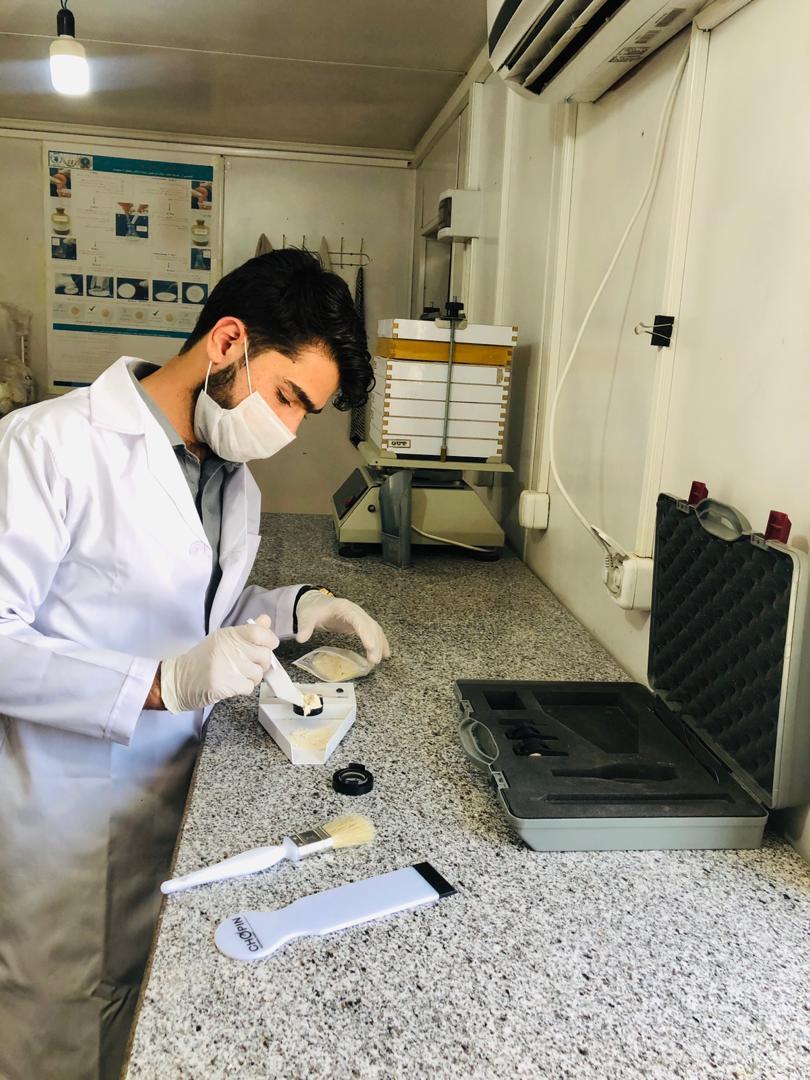quality, research and development
Quality Control
At Barakat Hariwa, consistent quality is the cornerstone of our milling philosophy. Experienced food technologists and bakers lead a rigorous quality control system in our advanced laboratory, recognized both locally and internationally.
The World Food Programme supplies a premix to fortify each batch of flour with essential vitamins, thereby supporting nutritional standards across Afghanistan. We conduct thorough testing to ensure the grain is free from toxins, pesticides, and harmful microorganisms, using specialized equipment and collaborating with Afghanistan and regionally accredited labs.

Quality Control Procedure
At Flour and Bread Product Barakat Hariwa, quality, research, and innovation are central to our operations, assuring product safety, efficiency, and long-term sustainability.
Quality Control
We apply rigorous testing at every stage—from raw grain intake to final packaging. Our advanced lab monitors protein, moisture, particle size, and more. Every batch is fortified with essential vitamins using a premix supplied by the World Food Programme, supporting national nutrition goals.
Research & Development
We invest in R&D to develop healthier flour variants, improve nutritional value, and explore innovative processing techniques. Our team collaborates with food scientists and institutions to stay ahead of market trends and consumer needs.
Technology Integration
Our mill uses automation, data analytics, and traceability systems to streamline operations and ensure transparency. Digital tools support inventory, production planning, and predictive maintenance, maximizing productivity and minimizing waste.
Collaboration & Partnerships
We work closely with farmers, suppliers, universities, and research organizations to secure high-quality raw materials and drive innovation. Customer feedback helps us refine products and meet evolving demands.
Regulatory Compliance
We follow all food safety and labeling regulations, implementing systems like HACCP, and provide ongoing staff training to maintain a culture of compliance and excellence.
Beyond the Mill
Quality control doesn’t end production. Technicians from our technical support division visit bakeries daily to monitor product performance. Returned items are quarantined, retested, and traced to ensure full accountability and continuous improvement.